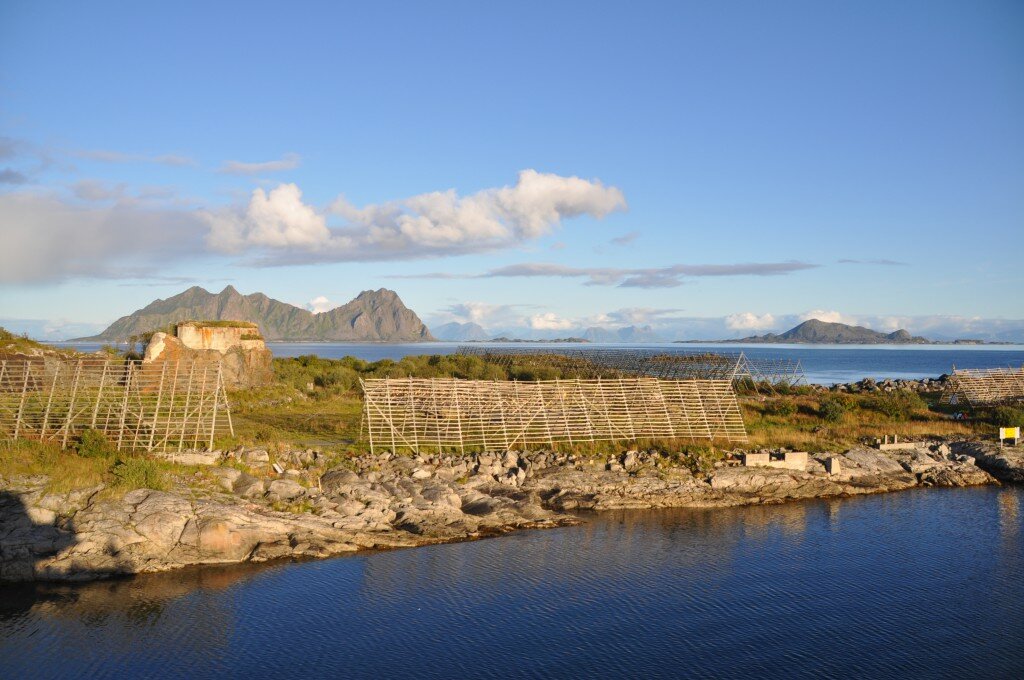The future development of the Arctic can take many different paths: development by state-dominated sectors (e.g., military infrastructure, research stations etc); mega-conglomerates (e.g., mining towns or petroleum hubs); or organic clusters (e.g., small enterprises anchored in local communities). This study suggests that Lofoten’s current development strategy for tourism follows the latter approach, where many small actors in the northern communities of Lofoten work in cooperation. A new report is now released by the University of Nordland and the Arctic Games project, funded by the Mistra Arctic Futures in a Global Context programme.

Lofoten, Norway. Photo: Merete Kvamme Fabritius
The report, entitled Lofoten Tourism Futures; Actors and Strategies, is based on the findings of Research Fellow Merete Kvamme Fabritius and Professor Audun Sandberg (University of Nordland, Norway) and analyzes how natural preconditions, cultural heritage and changing consumer tastes within the global tourism industry can shape the strategies of actors on the local level.
Read more on the Arctic Games web page and download the report here.
The Lofoten tourism industry sells a unique outdoor asset. Its historic success can be attributed to a cooperative effort by local enterprises to profit from Lofoten’s unique environment as an attractive northern tourist destination. The foundation for the area’s attractiveness is multifaceted and combines the 1000+ year history of Lofoten fisheries and export of stockfish to the Mediterranean, a distinctive fishermen’s cultural heritage, local food traditions and a new-born global demand for active tourist experiences (e.g., excitement tourism). This combination of assets can be referred to as the Lofoten Tourism-Heritage-Food- and Excitement Cluster.
The Lofoten tourism clusters are changing and dynamic, yet they tend to be based on one of these foundations. Further, there is a strong interdependence between the local enterprises, which often rely on one another’s activities to ensure a profitable industry for all.
The report also explores possibilities for scaling-up some of the insights uncovered in the analysis of the Lofoten tourism sector to the greater Arctic scene. One of the key questions is whether such scaling would imply multilevel governance where local, regional and national governments play important roles, or whether this may instead lead to the development of constitutional choices by the Arctic Council that aim more specifically at benefiting peoples of the North. This research question will be explored in the course of the Arctic Games project in 2013.
Merete Kvamme Fabritius is a Research Fellow at the Nordland Research Institute. Her areas of research include the institutional preconditions for, and the development of, tourism. Audun Sandberg is a Professor of Sociology at the University of Nordland. His areas of research include resource governance, institutional analysis and coastal systems.
This study is part of the Arctic Games research project within the Mistra Arctic Futures in a Global Context research program, funded by the Foundation for Strategic Environmental Research (Mistra) and hosted by the Swedish Polar Research Secretariat. For more information about the programme, visit arcticfutures.se.






